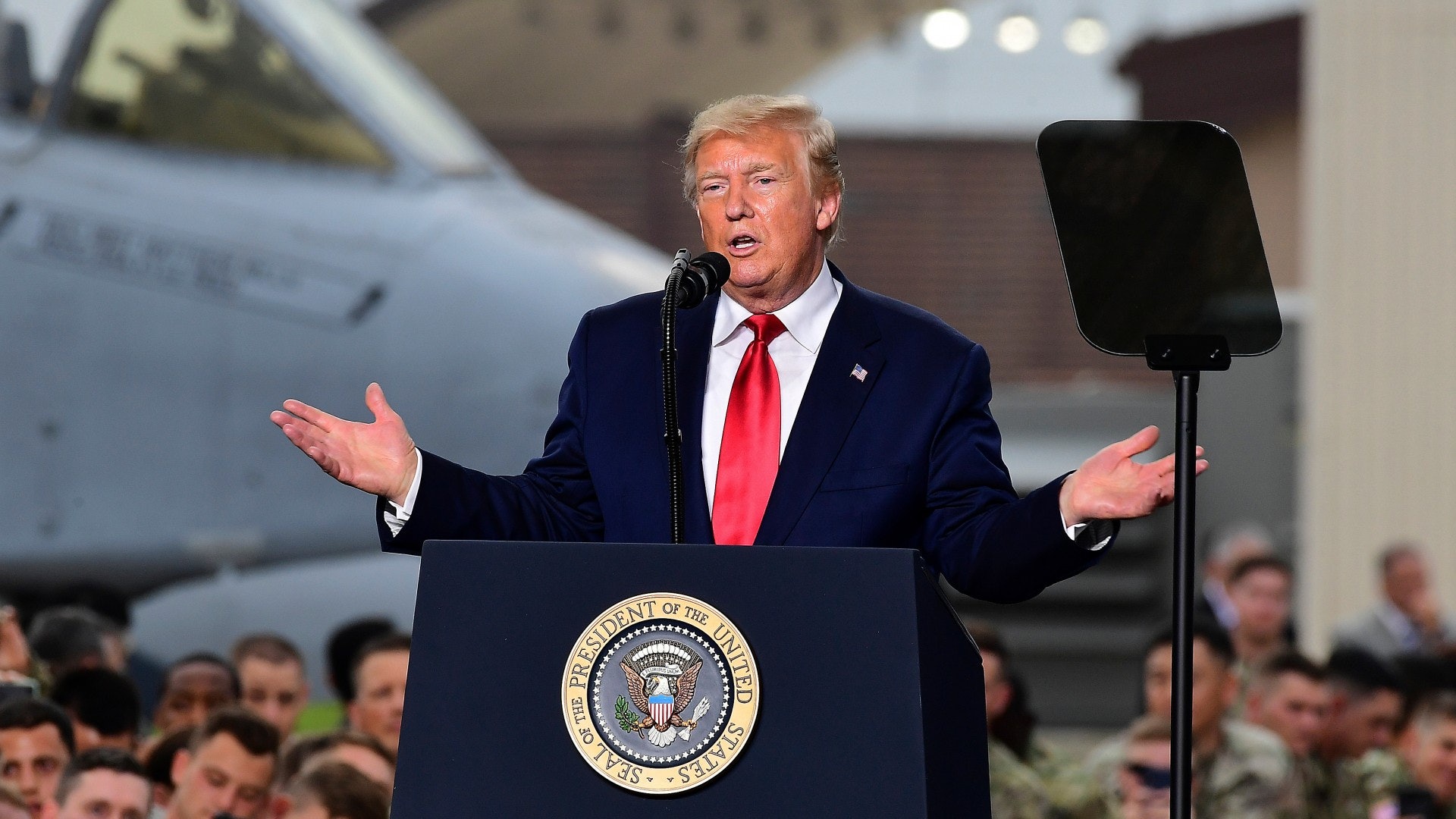The Trump administration threatened to impose tariffs on the EU and Vietnam on July 1 and 2. The tariff is still the tariff, but the effect is no longer yesterday.
The US Department of Commerce announced on July 2 that it will impose a 456% tariff on stainless steel and cold-rolled steel that is processed from South Korea or Taiwan, processed in Vietnam, and eventually exported to the United States.
On July 1, the Office of the US Trade Representative released a message to punish the EU for the illegal subsidy of the Airbus Company. The US intends to impose tariffs on the US$4 billion EU export to the US.
Recall that in March 2018, Trump announced that it would impose a 25% tariff on steel imported from the United States. Today, 25% directly jumps to 456%. The Trump administration is serious about Vietnam.
Let’s talk about the US tax on the EU, which is aimed at the EU’s core industry – aircraft manufacturing. In April, Trump threatened to tax a $11 billion EU product in the name of dissatisfaction with the EU subsidy. The United States seems to have vowed to use the tariff to let the EU yield.
Trump’s tariffs are awesome. The Vietnamese government has not yet responded. The Vietnam News Network quoted the former vice chairman of the Vietnam Iron and Steel Association, Qu Wensha, as saying that the US tax increase will not affect the Vietnamese steel industry.
Compared with the calm of Vietnam, the EU has returned a sentence: willing to negotiate with the US and prepare for counter-measures.
Remember the reaction of the parties in March 2018 when the United States announced that it would impose tariffs on imported steel and aluminum? The EU’s first reaction was to seek an exemption, “to the United States.” Now, the EU is a gesture of “there is a peace of mind.”
The increase in tariffs in the United States has indeed caused market turmoil, which has caused concern to all parties. However, after such a long period of observation, the parties have come to the conclusion that this is a means of exertion by the United States and that the United States is promoting talks. Therefore, the United States levies taxes, no need to panic. Since tariffs are a means, it is necessary to look at how to levy. Before the talks, the power of tariffs is yet to be determined.
Moreover, even if the United States levies taxes, the parties are not at a loss. The EU has already prepared a list of tariffs of 20 billion euros. China has said that it will be accompanied by the end. India also taxes the 28 products of the United States. All parties are using their own methods to pay homage to the United States. The fierce trade war has hit the present, and there is no quick fix as Trump thinks. China, which is the most severely suppressed by the trade war, has not made concessions. Japan and the EU also refused to compromise on the core issues.
The means of exerting tariffs has not changed, but the effect is no longer yesterday.
What makes Trump feel “depressed” is that the “seven-injury” of this tariff seems to hurt his own body more violently than his earlier estimate.
Under the order of the Trump administration’s customs, Apple and Qualcomm successively filed a letter, and even Ren Zhengfei, the founder of China’s telecommunications company, could not help but say, “I don’t know why American companies always report to the US government. jobs”. American farmers and retailers are even more dissatisfied. Seeing that soybeans cannot be sold and the cost of consumer goods is rising, it is also anxious.
Trump originally thought that tariffs could help him achieve “making the United States great again.” The current situation is a bit bad. Now he wants to recover his life, but it is against the eyes of the public, but any compromise will make him an attack target of American public opinion.
The trade war is not so good. The relations between countries in the world are becoming more and more close. There is no absolute hegemony in the world. Smaller countries have their own advantages. In the face of “unfairness,” they will also fight. This strategy of tariffs is easy to use, but it has been used for a long time. The aesthetics of various countries have adapted, and the effect has to be said.











